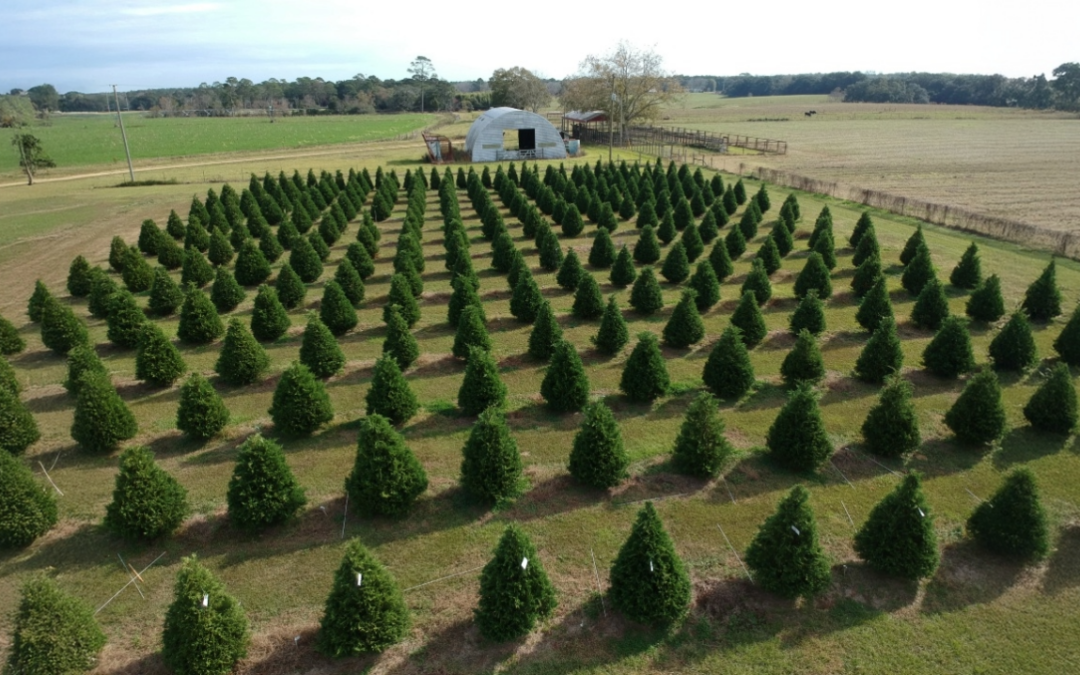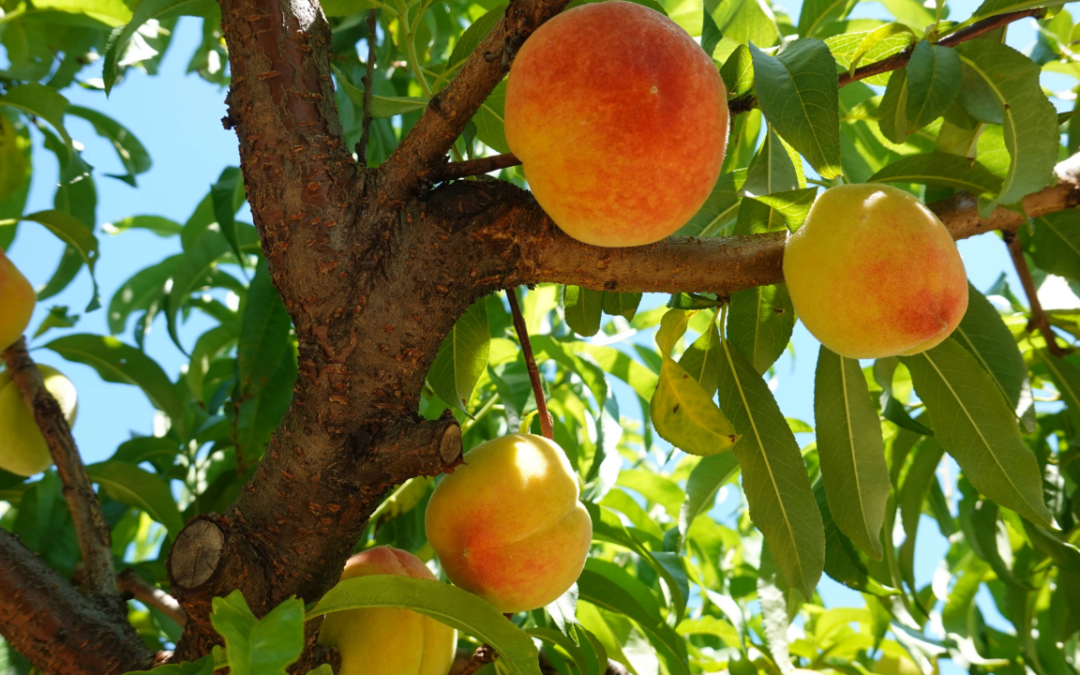Auburn University Aquaponics Project
We seek to develop sustainable aquaponics systems through rigorous research and to provide high-quality extension, outreach, and instructional support to our stakeholders.
Research Projects
Greenhouse Tomato Crop Modeling
PI(s): Dr. Emmanuel Ayipio and Dr. Daniel Wells
Aquaculture effluent is shown to be low in dissolved plant nutrients thus affecting plant growth and productivity. In addition, daily nutrient variability makes it difficult to predict crop yields which pose a challenge to production planning in aquaponics. This project seeks to establish useful predictive models for tomato and other fruit vegetables grown in aquaponics. The results will be used as a decision support tool to facilitate effective planning for tomato and other fruit vegetables’ production in the system. The approach is first to establish relationships that exist between biomass accumulation and all input variables such as temperature, light, CO2, and aquaculture effluent nutrients. With the aid of growth modeling, and model fitting techniques, parameters related to biomass allocation to fruits, shoots, and leaves would be established for these vegetable crops as well as nutrient extraction rates of the crops. The properties of the system in the form of system parameters would then be used to build predictive models to assist with production planning in the aquaponics system.
Greenhouse Strawberry Crop Modeling
PI(s): Dr. Melba Salazar; Nelda Hernandez
The increasing demand by world markets for high-quality products has led more and more horticultural crop production systems to protected environments. Our research will evaluate the production of strawberries under alternative systems such as hydroponic and future aquaponic approaches, as well as conventional systems. The main goal is to determine the feasibility of the hydroponic – aquaponic systems for growing strawberries. We will evaluate the effect of these alternative production systems on crop physiological responses, leaf gas exchange, and the photosynthetic efficiency of strawberries for future model development.
Effects of Hydroponic System Type on Nutrient Uptake & Quality of Aquaponics Lettuce
PI(s): Dr. Daniel Wells; Kyle Hensarling
Aquaponics seeks to integrate aquaculture production with hydroponic vegetable (or other crop) production. Our research has indicated that hydroponics system type can affect nutrient uptake and plant quality in aquaponics system. This project seeks to quantify differences in nutrient uptake, yield, and quality of lettuce (Lactuca sativa L.) grown in common hydroponics systems (DWC, NFT, substrate culture) but fertigated with aquaculture effluent.
Aquaponics Process Modeling & Life Cycle Assessment
PI(s): Dr. Brendan Higgins
Aquaponics repurposes the waste nutrients (mainly nitrogen and phosphorus) from fish farming in order to produce hydroponic crops. Auburn University is home to one of the largest pilot scale aquaponics facilities on a university campus, boasting four greenhouses. The system produces tilapia and a range of produce that is sold to local markets and supplies Tiger Dining, Auburn University’s student dining service. Because it converts fish waste (a potential environmental pollutant) back into food, aquaponics is considered a “sustainable” method of food production. Our project aims to quantify the environmental impacts of aquaponics. To do so, we are developing a detailed mass balance model of elemental flows through the system. We then use this model to conduct a life cycle assessment which is a rigorous approach to accounting for environmental impact of human-made systems.
Mobile Aquaponics Systems
PI(s): Dr. Daniel Wells and Professor Rusty Lay; Dorcas Lukwesa
Aquaponics is a technology that has potential to address food security needs in developing countries. In this project we seek to design a mobile aquaponics platform using materials that are available in developing countries. Mobility is critical in some places where small farmers do not own land and often need to move to avoid conflict or other pressures. Some aspects that make aquaponics a possible solution to these types of problems are:
- It is scalable to any size
- Natural materials like bamboo and other materials that are readily available (water reservoirs) can be coupled together to build systems.
- The soilless nature of aquaponics makes it lighter weight and more mobile than traditional, soil-based systems
- Capturing rainwater and using fish to generate nutrient streams to support plant growth make for a sustainable system requiring low material inputs.
Our Research
Currently, we study a broad range of topics (listed below) including but not limited to:
- Aquaculture– Growout of Nile Tilapia in commerical greenhouse
- Hydroponics– Production of leafy greens for teaching experience and on-campus consumption
- Aquaponics– Greenhouse tomato production using fish effluent to be used for statistical modeling.
Research Opportunities
HORT News

Troop tidings we bring: the gift of Auburn Christmas trees to our military
The holiday season means a time for not only giving gifts but giving back to our communities with a joyful spirit. Jeremy Pickens, assistant extension professor at Auburn University, spread holiday cheer by donating 200 Christmas trees through the Trees for Troops...

Local brewery collaborates with Horticulture, Human Sciences for Oktoberfest pumpkin beer
By Graham Brooks New and special beer releases are a point of pride at New Realm Brewing–Auburn and that will continue with the unveiling of Pine Hill Pumpkin Amber as a new pumpkin beer just in time for spooky season and Oktoberfest. Named after Auburn’s oldest...

Protecting Alabama peaches from bacterial spot
Right in the heart of central Alabama, research is conducted throughout the year to find ways to protect one of the state’s most precious commodities—peaches. Among the most damaging diseases affecting stone fruit—especially peaches—is bacterial spot. As a result,...
